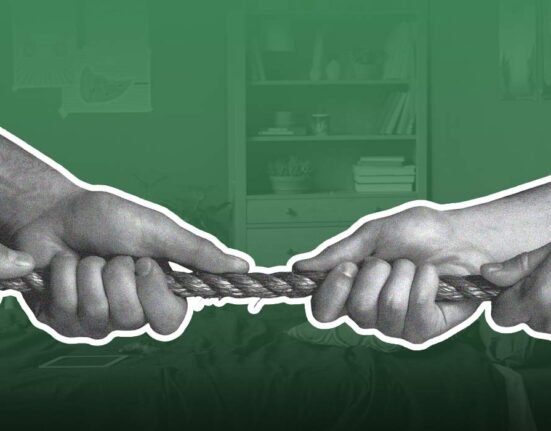We are all familiar with parents who may pressure their children to be the best. Now, while being the best sounds great, it can be overwhelming. Perfectionistic parental attitudes refer to when parents have really high standards and expectations for their children.
Imagine you’re playing a video game, and your parents are watching you. They keep saying things like, “You have to be the best player” or “You should never make any mistakes!” This can make you feel stressed and worried about messing up. It’s like playing the game becomes less about having fun and more about meeting these super-high standards.
Well, guess what! Researchers have found a surprising connection between perfectionistic parenting styles, how children deal with failure, and the potential development of compulsive gaming behaviours, according to a recent study published in Computers in Human Behaviour.
Why Did Researchers Conduct This Study?
Previous studies have already shown that perfectionistic parenting can lead to increased sensitivity to failure, less effective coping mechanisms, heightened stress levels, and anxiety in tough situations. Kids can internalize the parental attitudes of perfectionism. It means they start to believe they also need to be perfect and meet those high expectations. It’s like they have a little voice in their head saying, “You have to be perfect, or else you’re not good enough.”
Researchers now wanted to delve deeper into the impact of perfectionistic parental attitudes on individuals’ reactions when faced with challenging situations that require cognitive performance. And what better context to explore this relationship than the world of gaming?
When kids grow up with parents who expect them to be perfect, they tend to set really high goals for themselves in school or work. The researchers wanted to find out if these high standards from their parents also affect the way they play video games and how they react when they fail in games. In simpler terms, they wanted to see if perfectionistic parents can make their kids feel like they have to be perfect even at the time of leisure activities.
How Did They Do It?
To gather the data for their study, the researchers used an online questionnaire completed by 2,097 Hungarian gamers. Here’s a breakdown of the different tests and scales they used:
- Reactions to Failure in Gaming Scale: The researchers created a survey of this scale to measure how participants reacted to failure in gaming. It consisted of nine questions that looked at three different ways people respond to failure: over-engagement (dwelling on failure and blaming oneself), disengagement (ignoring or suppressing emotions related to failure), and constructive engagement (finding a healthy balance).
- Parental Perfectionism: To assess parental perfectionism, the researchers used two subscales from the Frost Multidimensional Perfectionism Scale. Participants rated statements about their parents’ high expectations and criticism on a scale of one to five.
- Self-Oriented Perfectionism: The researchers used the Big Three Perfectionism Scale. This was to measure self-oriented perfectionism. This scale had three subscales: rigid perfectionism, self-critical perfectionism, and narcissistic perfectionism. In this, participants answered questions about their own tendencies towards perfectionism.
- Gaming Disorder: The Ten-Item Internet Gaming Disorder Test was used to assess gaming disorder. Participants answered questions about their gaming habits and behaviours, such as attempts to reduce gaming time, on a scale ranging from “never” to “often.”
Let’s Look At The Interesting Discoveries!
The research revealed that when parents have high expectations and criticize their children, it tends to increase the children’s tendencies towards self-oriented perfectionism. This means that they start setting very high standards for themselves.
The study also showed that parental criticism specifically leads to self-critical perfectionism, where children become overly critical of themselves. However, interestingly, parental criticism did not directly relate to rigid perfectionism, which is about pursuing high standards without being overly self-critical.
What’s even more interesting is that when gamers internalize their parents’ critical attitudes, they become more emotionally sensitive to failure in video gaming. This heightened sensitivity can lead to repetitive thinking about those failures, which significantly increases the risk of developing gaming addiction. Overall what does the study suggest? It highlights that early experiences of parental expectations not only impact education or career pursuits but also influence engagement in leisure activities like gaming.
What Does This Mean?
Well, the study discovered a connection between how people handle failure in gaming and the risk of developing gaming addiction. However, the knowledge that this study doesn’t prove that one directly causes the other, is important.
They do indicate that when parents have critical attitudes towards their children’s performance, it can set the stage for later unhealthy reactions. Even for something as basic as challenging situations in video gaming. These reactions, in turn, are linked to a higher risk of developing gaming addiction.













Leave feedback about this